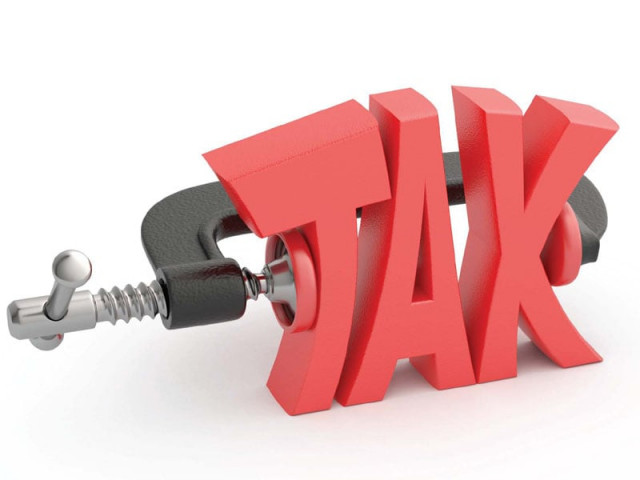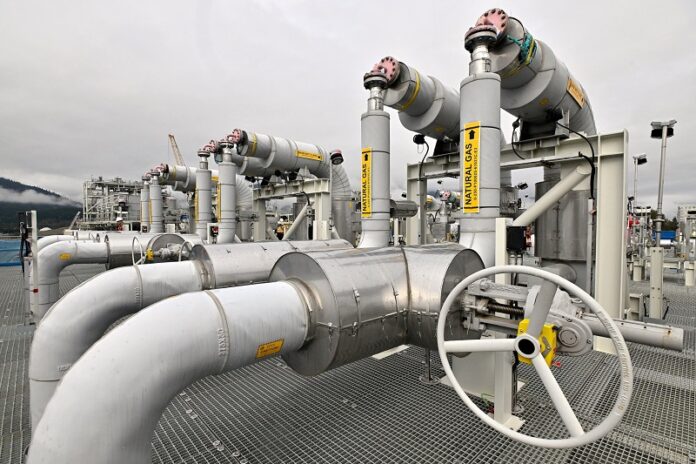Elite Clubs to Be Brought Under Income Tax Net
The government’s ambitious plan to restrict economic transactions by ineligible persons starting July 1st has hit a roadblock, as a parliamentary committee found the Federal Board of Revenue’s (FBR) digital eligibility system far from completion.
Chairman of the National Assembly Standing Committee on Finance, Syed Naveed Qamar, expressed serious reservations after reviewing the FBR’s online portal, which is being developed to identify individuals who can lawfully conduct major economic transactions. “Work on the online platform is far from the finishing line,” Qamar remarked after a briefing at the FBR headquarters.
The government’s proposal, central to its post-budget tax reforms, aimed to prevent individuals whose declared assets or tax records don’t support high-value purchases—such as cars, plots, or securities—from conducting such transactions. However, the FBR’s system remains a mere prototype, lacking the functionality needed to enforce such measures.
Committee member and PTI MNA Usama Mela criticized the prototype, stating it cannot meet the intended goals and fails to offer a secure framework for implementation. Initially promised for rollout by April 2025, the system’s incomplete state now threatens to delay enforcement of the new rules.
READ MORE:
Thousands Rally Across Middle East to Condemn Israeli Strikes
Finance Minister Muhammad Aurangzeb had warned that if Parliament rejects these amendments, the government might be forced to introduce Rs. 400–500 billion in new tax measures. Yet, the enforcement of these laws hinges on the creation of a robust and trustworthy digital system.
FBR Chairman Rashid Langrial confirmed to the committee that the current setup will remain in place until the new system is fully developed and approved by the federal government. He also acknowledged the committee’s recommendation to test the new mechanism on a limited group of taxpayers before nationwide implementation.
The proposal outlines that individuals can only make purchases up to 130% of their declared assets and income, or must justify additional sources of funds. Those deemed ineligible would face restrictions such as limits on cash withdrawals and bans on high-value purchases, with exceptions for 800cc vehicles, agricultural machinery, and limited investments in shares.
Recreational Clubs Under Tax Net
Meanwhile, the FBR briefed the committee on a new amendment to tax the income of elite recreational clubs like the Islamabad Club and Guns and Country Club, which currently enjoy tax exemptions despite charging over Rs. 1 million in membership fees.
Finance Minister Aurangzeb clarified that Islamabad Club will now fall within the tax net. Originally established for bureaucrats and diplomats, the club has evolved into an exclusive hub for the elite, with exorbitant membership fees and state-funded facilities largely inaccessible to the public.
In another development, the standing committee rejected a proposal to indirectly impose federal income tax on farmers, asserting that agricultural income remains outside the jurisdiction of the federal government.



